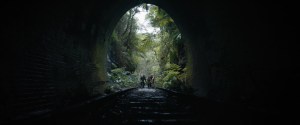The 2000s were a transformative decade for science fiction cinema. As the anxieties of a new millennium took hold, filmmakers responded with stories that reflected a growing unease with technology, corporate power, and the very nature of reality itself. In addition, the 2000s were an era that saw the rise of digital filmmaking, which allowed for unprecedented visual spectacle, but it also produced a wave of smart sci-fi that relied more on big ideas than big budgets. These films explored complex themes of identity, dystopia, and humanity’s place in the cosmos, often with a darker and more cynical edge than the blockbusters that defined the decades prior.
Videos by ComicBook.com
Yet, for every massive hit that dominated the box office, there were countless other sci-fi films that, for one reason or another, slipped through the cracks. Whether they were victims of poor marketing, a crowded release schedule, or a concept that was simply too ambitious for mainstream audiences, these movies have since become hidden gems, waiting to be discovered by a new generation of fans. Here are seven wonderful sci-fi movies from the 2000s that nobody talks about, but absolutely should.
1) Pandorum (2009)
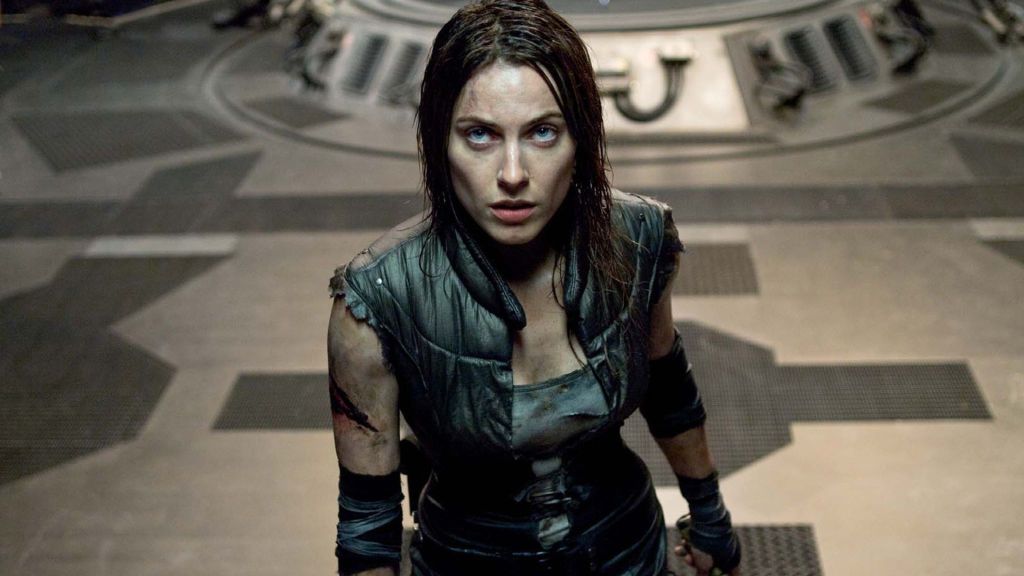
Released in 2009 and bombing at the box office, Pandorum was marketed as a simple creature feature and largely ignored by audiences. This was a critical error, as it misrepresented a film that is actually a brutal fusion of psychological horror and survival action. The story drops us onto a seemingly dead starship, where Corporal Bower (Ben Foster) and Lieutenant Payton (Dennis Quaid) awaken with amnesia. As Bower navigates the derelict vessel to restart its reactor, he discovers two truths: the ship is infested with savage humanoid creatures, and a deep-space psychosis is beginning to fracture his own mind.
What elevates Pandorum beyond its B-movie premise is its commitment to world-building and a series of genuinely shocking plot twists that reframe the entire story. Plus, the film’s relentless claustrophobia and the escalating paranoia of its characters create a palpable sense of dread that the monster-slaying action only enhances. As a result, Pandorum is an intense exploration of what happens to human beings when they are stripped of their memory, their mission, and their sanity at the edge of the void.
2) Sunshine (2007)
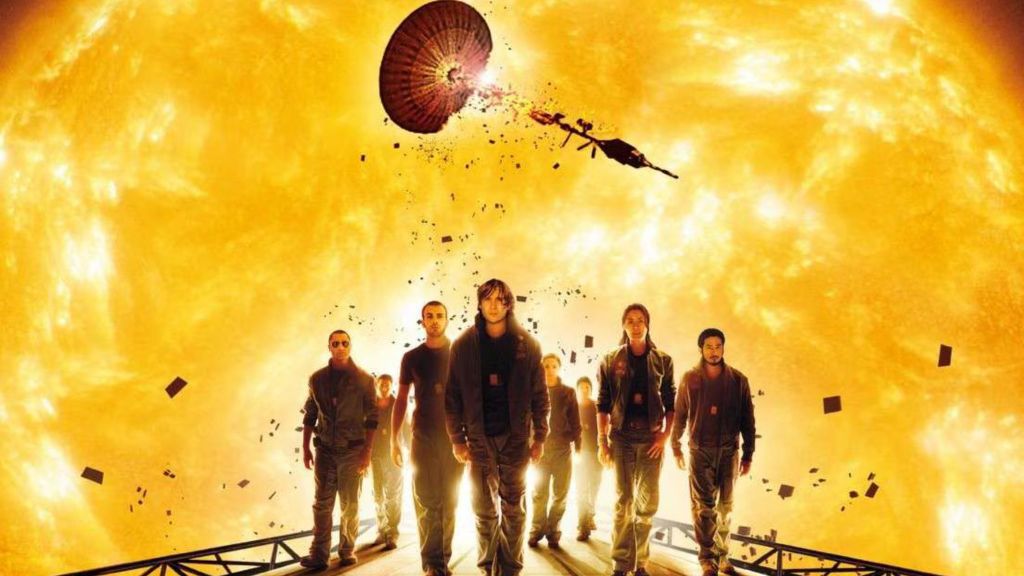
Danny Boyle’s visually breathtaking epic from 2007, Sunshine, presents one of sci-fi’s most compelling ticking clocks. In the movie, the sun is dying, and mankind’s last hope rests with the eight-person crew of the Icarus II, tasked with delivering a stellar bomb to reignite the star. The film is great at building tension, anchored by an incredible international cast including Cillian Murphy, Chris Evans, and Michelle Yeoh, who perfectly convey the immense psychological weight of their task.
Sunshine is infamous for its jarring third-act pivot from a cerebral thriller into a full-blown slasher, a move that alienated many critics and viewers upon release and hampered its box office success. However, to dismiss Sunshine for this tonal shift is to miss the point. The journey itself is a stunning, terrifying, and philosophically dense experience. Its exploration of science, faith, and human frailty in the face of an awesome and indifferent cosmos makes its flaws feel insignificant compared to its monumental ambition.
3) The Man from Earth (2007)
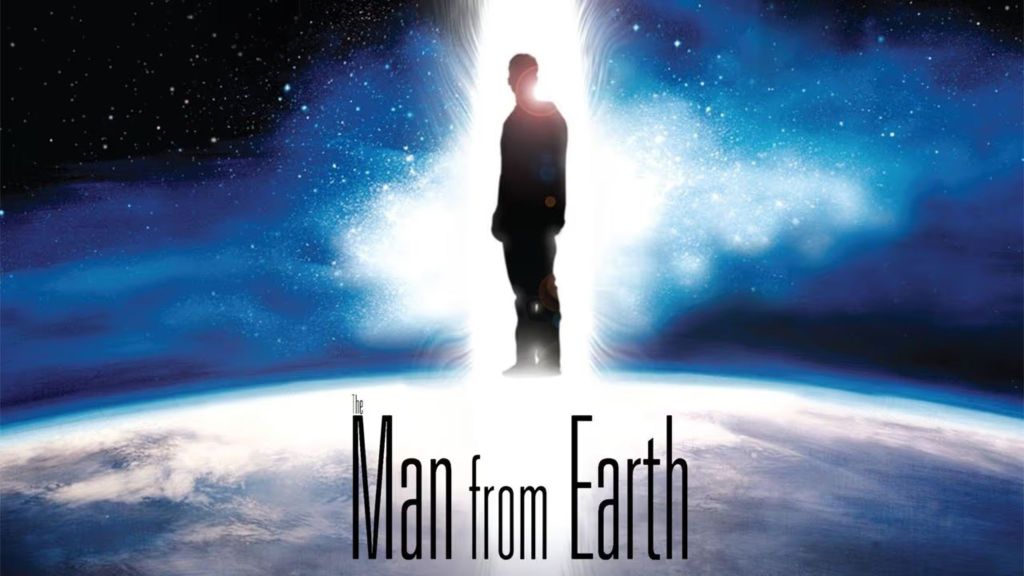
Shot on a micro-budget of just $200,000, The Man from Earth had no theatrical release and built its entire legacy on word-of-mouth and early file-sharing. Yet, the film’s power lies in its audacious simplicity. The story follows a retiring university professor, John Oldman (David Lee Smith), who reveals to his academic colleagues that he is a 14,000-year-old Cro-Magnon who has never died. The entire movie is the ensuing conversation, as this group of experts tries to disprove, understand, and accept his story.
The screenplay was the final work of legendary sci-fi author Jerome Bixby (Star Trek, The Twilight Zone), and it forgoes all genre spectacle in favor of a pure thought experiment. The conflict is entirely intellectual, a battle of logic, history, and faith that plays out in a single living room. By stripping sci-fi down to its core and focusing on a reality-altering “what if,” The Man from Earth delivers a surprisingly emotional and deeply philosophical narrative that most big-budget blockbusters could never attempt.
4) Possible Worlds (2000)
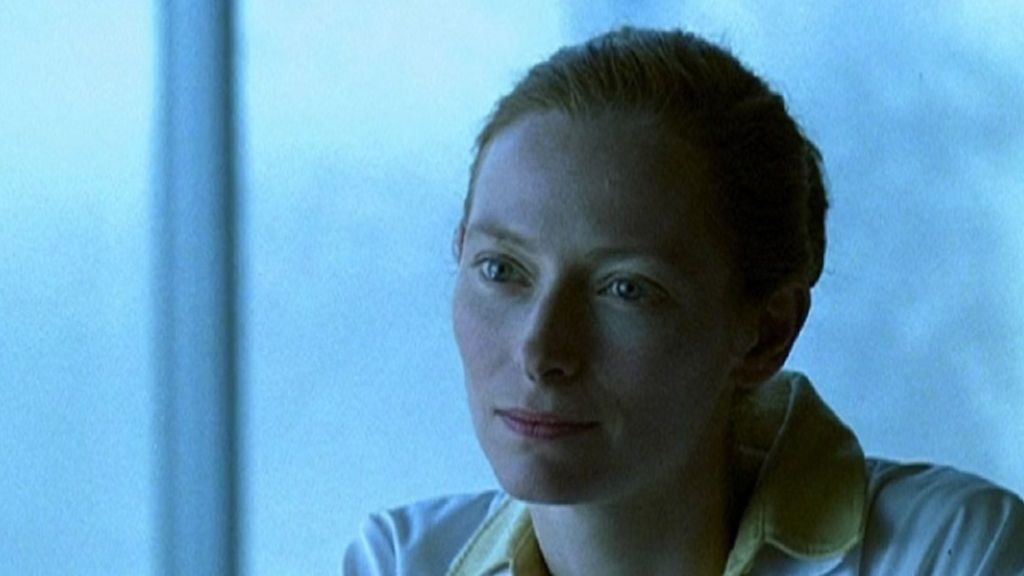
An art-house anomaly from the start of the decade, Possible Worlds is a surreal Canadian sci-fi noir that demands a viewer’s full attention. Based on a play by John Mighton, the film operates on a dreamlike logic, following George Barber (Tom McCamus) as he shifts between parallel realities, each containing a different version of the woman he loves, Joyce (Tilda Swinton). Woven into this quantum romance is a grim murder mystery, where detectives investigate a killer who steals their victims’ brains.
The film’s obscurity is understandable, as Possible Worlds is a challenging non-linear puzzle that refuses to provide easy answers. Director Robert Lepage constructs a mesmerizing but disorienting experience, using Swinton’s varied performances to anchor the fluid reality. Nevertheless, Possible Worlds is a film less about its plot and more about its atmosphere, exploring consciousness, identity, and the infinite paths a life can take. For those willing to embrace its strangeness, it offers a hypnotic and intellectually rewarding experience unlike any other.
5) Moon (2009)
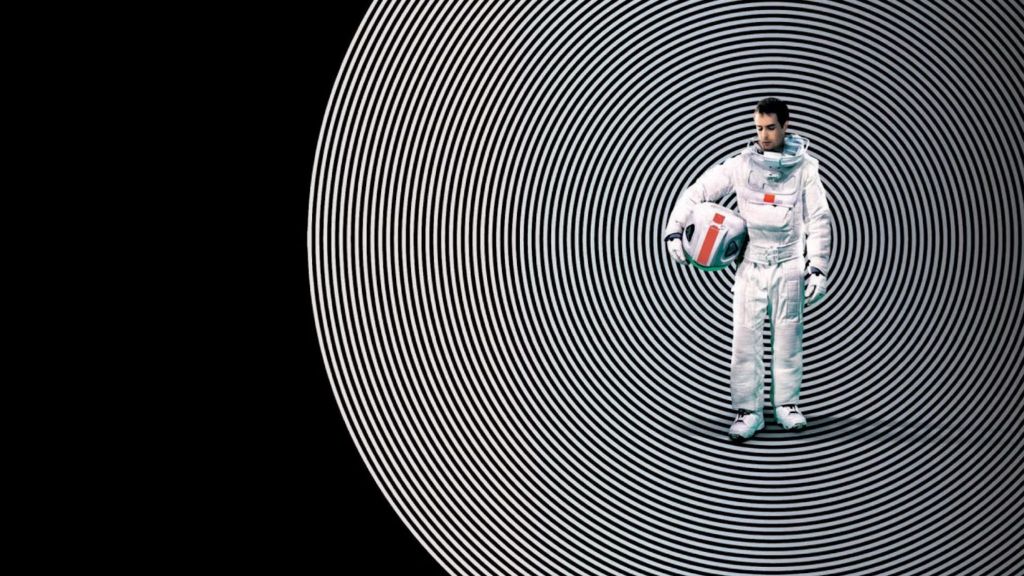
Sam Rockwell gives a commanding solo performance in Duncan Jones’ directorial debut, Moon. He stars as Sam Bell, the lone operator of a lunar mining station nearing the end of a grueling three-year contract. With only a soft-spoken AI named GERTY (voiced by Kevin Spacey) for company, Sam’s mental and physical health begins to deteriorate from the profound isolation. To make matters worse, after a near-fatal accident on the lunar surface, he makes a discovery back at the base that forces him to question his own identity, his memories, and the true nature of his mission.
Though critically acclaimed upon release, Moon‘s limited distribution and deliberate pace kept it from wide commercial success. The film is a direct homage to the character-driven science fiction of the 1970s, prioritizing its central mystery and Rockwell’s powerful performance over spectacle. In addition, rhe unseen corporation, Lunar Industries, functions as the film’s faceless antagonist, and the central conflict becomes a fight for selfhood against a system that treats human life as a disposable asset.
6) Primer (2004)
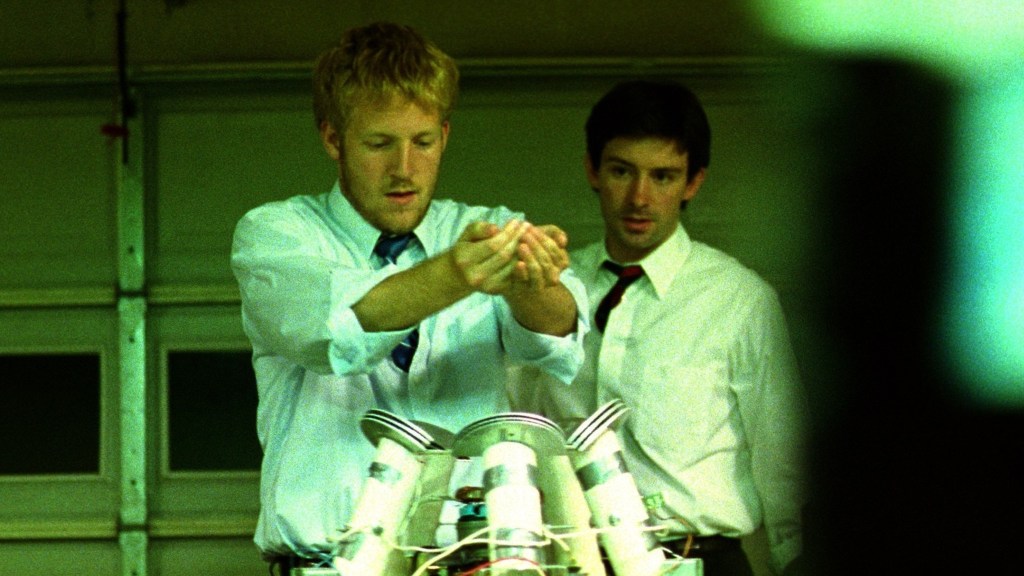
Winner of the Grand Jury Prize at Sundance, Primer is infamous for being one of the most intellectually demanding science fiction films ever made. Produced on a legendary budget of only $7,000 by former engineer Shane Carruth, the movie follows two engineers who accidentally create a form of time travel in their garage. They immediately attempt to profit from their discovery, only to become hopelessly entangled in paradoxes, duplicate selves, and an all-consuming paranoia.
Primer’s cult status is built on its uncompromising complexity. Carruth refuses to simplify the dense technical dialogue or the dizzying non-linear plot. Because of that, the film treats time travel as a logistical and ethical nightmare that methodically destroys the trust between its two protagonists. Its difficulty is its greatest strength, offering a realistic look at the consequences of stumbling upon a power that the human mind is simply not equipped to handle.
7) Equilibrium (2002)
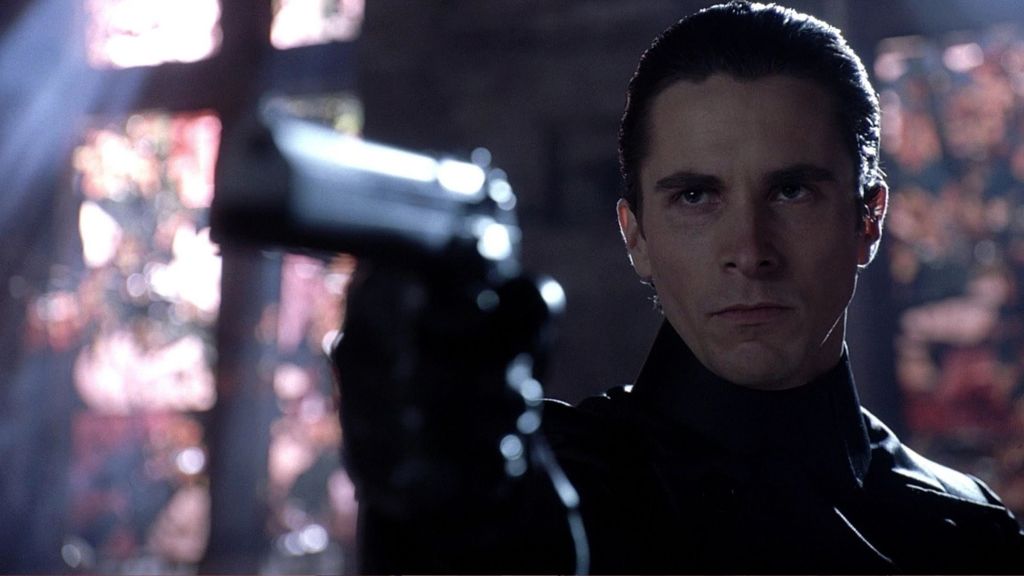
Dismissed by many critics in 2002 as a clone of The Matrix, Equilibrium was a box office failure that has since been rightfully re-evaluated as a stylish dystopian thriller in its own right. In the city-state of Libria, emotion has been outlawed and is suppressed by a mandatory daily drug. John Preston (Christian Bale) is a top-tier enforcement “Cleric,” who hunts down “Sense Offenders” until he misses a dose and begins to feel for the first time.
The film’s innovative “gun kata” combat system, a martial art that uses statistical probability to predict enemy fire, is its most famous element. But beneath the action lies a compelling story about fighting for the value of art, music, and human connection. Furthermore, Bale is perfectly cast as the cold enforcer whose icy exterior slowly cracks to reveal a tender soul. Equilibrium found its audience years after its release, proving to be a smart, action-packed film with a thematic depth its marketing never conveyed.
What other overlooked sci-fi movies from the 2000s do you think deserve more love? Share your recommendations in the comments!




